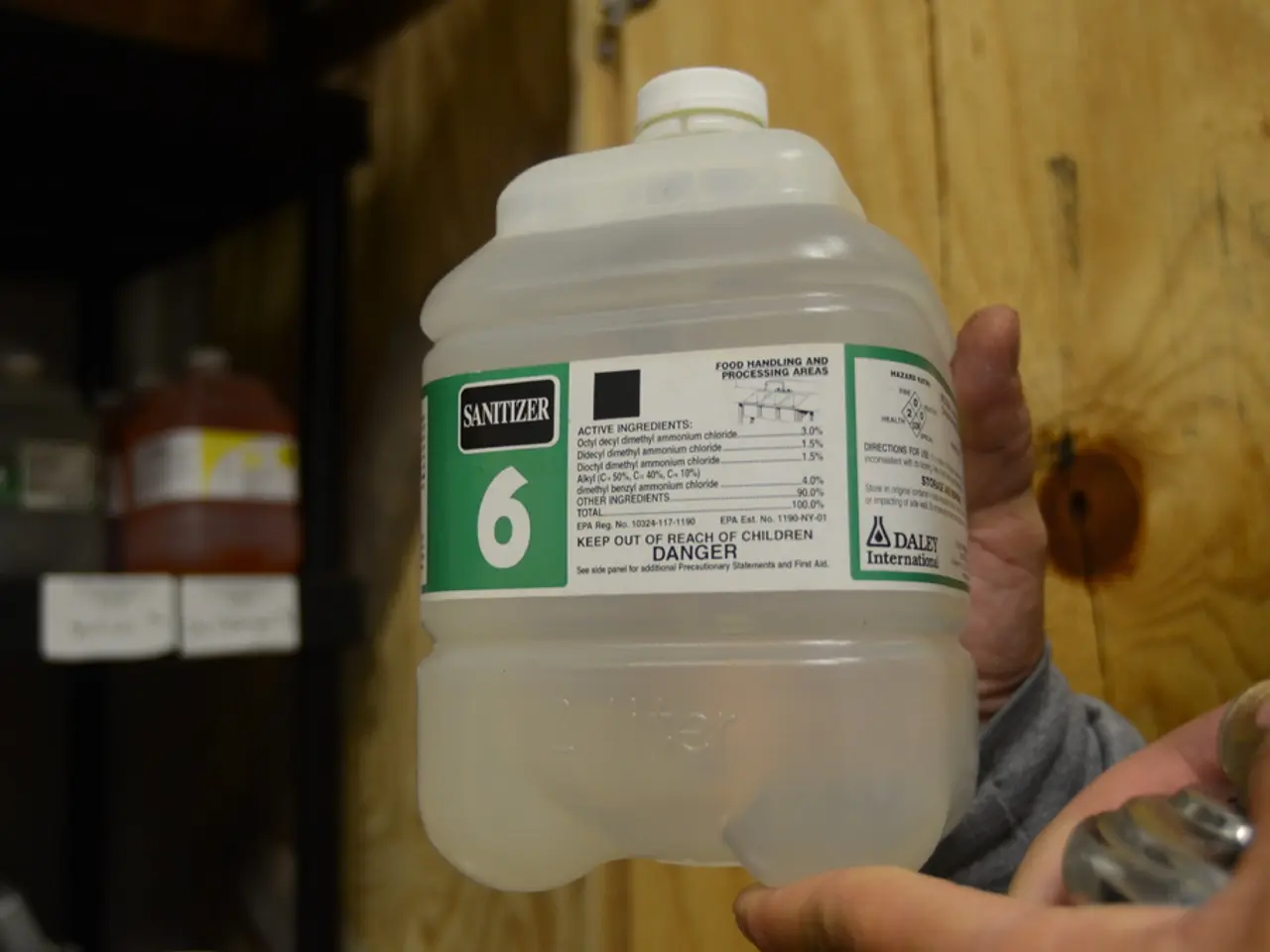Meningococcal disease symptoms, causes, and remedies explained
Meningococcemia, a severe infection caused by the bacteria *Neisseria meningitidis*, can lead to meningitis and potentially life-threatening complications. The good news is that prevention methods primarily focus on vaccination and lifestyle changes to reduce the risk of infection.
### Vaccination
Two types of vaccines are crucial in the fight against meningococcemia: Meningococcal Conjugate Vaccines (MenACWY) and Serogroup B Meningococcal Vaccines (MenB). MenACWY vaccines protect against four strains of *Neisseria meningitidis* (A, C, W, and Y) and are recommended for all adolescents between the ages of 11 and 16, with a booster shot when they are 16. The MenB vaccine, which protects against serogroup B, is recommended for individuals at increased risk or in outbreaks.
### Lifestyle Changes
In addition to vaccination, maintaining good hygiene practices is essential. Frequent handwashing, avoiding close contact with sick individuals, and regularly disinfecting frequently touched surfaces can all help reduce the risk of infection.
### Antibiotic Prophylaxis
In some cases, antibiotics may be given to close contacts of individuals with meningococcemia to prevent infection. These antibiotics include rifampicin, ciprofloxacin, or ceftriaxone.
Meningococcemia can cause a significant rash, which does not fade under pressure. The rash can appear anywhere on the body due to damaged blood vessels allowing blood to "leak" into the skin. If diagnosed and treated early with antibiotics, people with meningococcemia can make a full recovery. However, in severe cases, doctors may need to amputate affected digits or limbs.
It's important to note that while not everyone develops a rash, infants can have additional symptoms such as a bulging fontanelle (soft spot) and a limp appearance. In its earliest stages, meningococcal disease causes flu-like symptoms such as fever, fatigue, muscle or joint pain, irritability, and vomiting.
Given that different strains of the bacteria exist in other countries, it's important to consult a doctor before going abroad to ensure that you are up to date with all necessary vaccines. Keeping up to date with recommended vaccines is the best defense against meningococcal diseases.
Meningococcemia can occur in anyone, but infants under 2 years of age and adolescents are most at risk. If you suspect someone has meningococcemia, seek immediate medical attention. Early treatment reduces the risk of complications such as gangrene or brain damage.
In conclusion, while meningococcemia can be a serious and potentially life-threatening condition, prevention methods and early detection can significantly reduce the risk of complications and ensure a full recovery. Stay vaccinated, maintain good hygiene practices, and seek medical attention if you suspect meningococcemia.
- Meningococcal Conjugate Vaccines (MenACWY) and Serogroup B Meningococcal Vaccines (MenB) are vital in the battle against meningococcemia, an infectious disease caused by bacteria Neisseria meningitidis.
- The MenACWY vaccine protects against four types of Neisseria meningitidis (A, C, W, and Y) and is recommended for all adolescents aged 11-16, with a booster shot at 16.
- The MenB vaccine, which shields against serogroup B, is advised for individuals at higher risk or during outbreaks.
- Apart from vaccination, good hygiene practices are essential in reducing the risk of meningococcemia; these include frequent handwashing, avoiding close contact with sick individuals, and regularly cleaning frequently touched surfaces.
- Antibiotics like rifampicin, ciprofloxacin, or ceftriaxone may be administered to close contacts of individuals with meningococcemia to prevent infection.
- Although not everyone develops a rash, infants can have additional symptoms such as a bulging fontanelle (soft spot) and a limp appearance.
- In its initial stages, meningococcal disease mimics the flu, with symptoms like fever, fatigue, muscle or joint pain, irritability, and vomiting.
- Maintaining current vaccinations, adhering to hygiene practices, and seeking medical attention if meningococcemia is suspected help mitigate the risks associated with this infectious disease and promote overall health-and-wellness, including mental-health, fitness-and-exercise, skin-care, nutrition, and various therapies-and-treatments like CBD for neurological-disorders.




